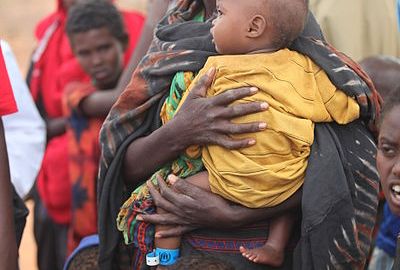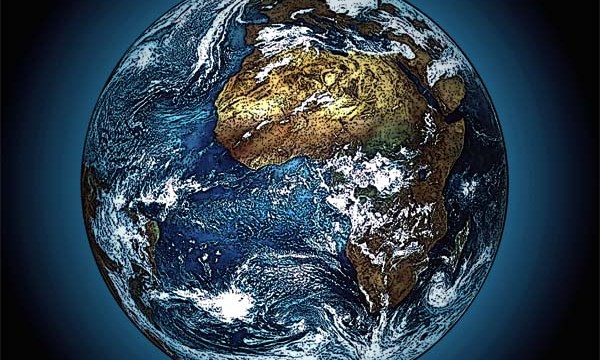What to Do About Famine in the Horn of Africa

What’s the Latest Development?
Lack of rain in the hyper-arid regions of Somalia, Ethiopia, and northern Kenya is creating a humanitarian crisis as pastoral communities migrate in search of food and water. “A massive drought this year was not exactly predictable, but the risk of famine was easily foreseeable,” says Jeffrey Sachs, Columbia economics professor and adviser to the U.N. Secretary-General on the Millennium Development Goals. More than ten million individuals are on the move across the sprawling African desert as they face life-threatening shortages of the most basic necessities.
What’s the Big Idea?
In the Horn of Africa, where political boundaries are relics of the colonial system instead of true representations of cultural borders, drought and famine mean war. Any foreign intervention would do better to focus on economic development projects than on military solutions. And while the U.S. has declined to help, the U.N. is empowering communities through “targeted investments in livestock management, veterinary care, business development, mobile health clinics, boarding schools, and local infrastructure such as safe water points, off-grid electricity, and mobile telephony.”




